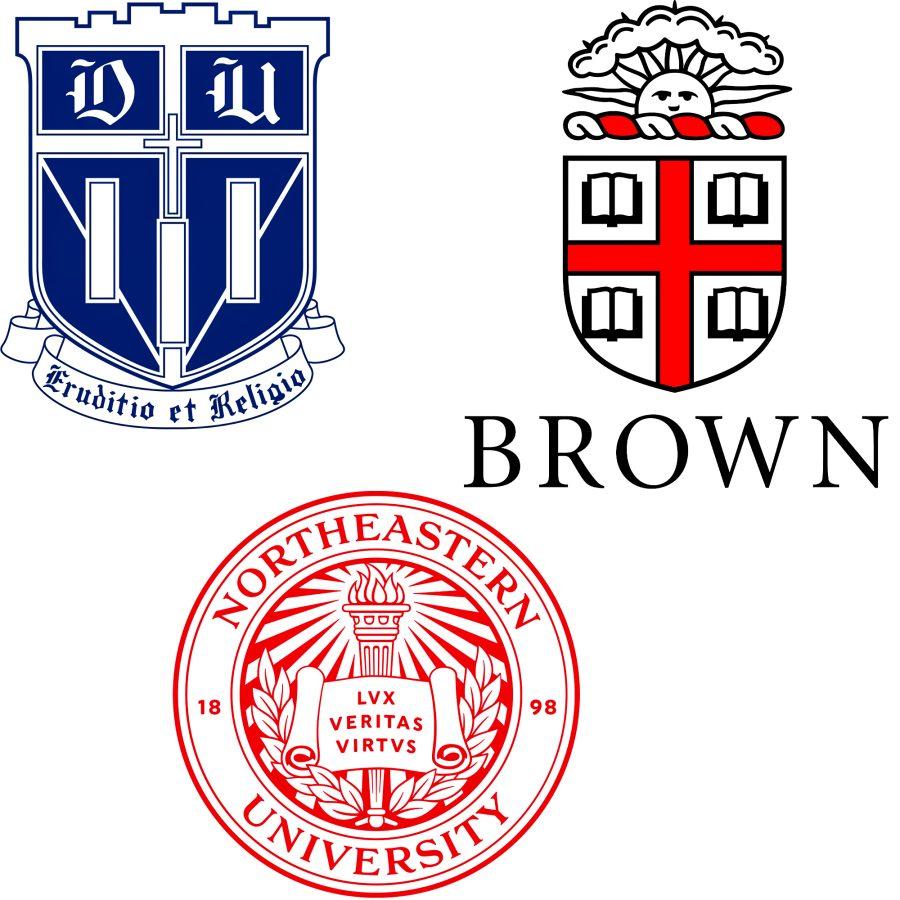Colleges across the country have announced that they are requiring the COVID-19 vaccine for all students entering campus in the fall, spurring debate on the legality of this policy.
Two colleges in Massachusetts, Boston University and Northeastern University, are among the schools adopting the vaccine requirement. Other colleges requiring the vaccine include American University, Georgetown University, Duke University, Brown University, Syracuse University, Ithaca College, Rutgers University, Cornell University, Nova Southeastern University, Roger Williams University, Fort Lewis College, Bowdoin College, and the University of Notre Dame. Rutgers University was the first college to announce its plans for the fall.
The vaccine policy could raise a legal challenge. At least one vaccine is required for enrollment in most colleges, shown in a survey of 100 four-year colleges located throughout the country. However, the COVID-19 vaccine will be the only vaccine required by institutions that has only been approved for emergency use by the FDA. Official FDA approval for the COVID-19 vaccine could occur this summer at the earliest
Glenn Cohen, a health law and bioethics professor at Harvard Law School, said the lack of FDA approval does not matter in terms of whether or not colleges are legally allowed to require the vaccine. The COVID-19 tests, widely used in colleges open during the pandemic, are also only approved for emergency use. While requirements for other vaccines approved by the FDA have been upheld, there is no federal guidance that explicitly allows institutions to mandate vaccines.
Some colleges have stated they will not be issuing COVID-19 vaccine mandates any time soon. Virginia Tech said they will not require vaccinations as the vaccine has only been approved for emergency use. In Nebraska, the state college system and large private colleges have stated they have no plans to implement the requirement.
Other colleges are encouraging students to get vaccinated instead of issuing a mandate. Harvard University “strongly recommend[s]” the vaccine to their students. Some are giving incentives, such as Dickinson State University, which will not require masks for fully vaccinated students after two weeks of the inoculation. At the University of California San Diego, fully vaccinated students will not be required to undergo weekly COVID-19 testing.
Everyone ages 16+, which includes college-aged students, became eligible nationwide on April 19. While the death rate for COVID-19 among young adults is low, young adults are more likely to spread the virus. Young adults can also be hospitalized and develop chronic symptoms, despite the low death rate.
However, young adults are less likely to plan on taking the vaccine. Parents also have a high rate of vaccine hesitancy. A poll conducted by ParentsTogether, an advocacy group, showed that 58 percent of parents or caregivers would vaccinate their children, even though 70 percent said they would be vaccinated themselves. Vaccine hesitancy is higher among low-income and BIPOC households as well.
International students are included in the vaccine mandate, despite how they may experience a lack of vaccine availability. Antonio Calcado, leader of Rutgers University’s COVID-19 task force, says they can get all international students vaccinated. But the mandate is unclear when it comes to international students who may have already received a vaccine that has not been approved in the U.S., such as AstraZeneca, a vaccine widely used in the U.K.
While students could arrive on campus in the fall fully vaccinated, COVID restrictions may not loosen up immediately upon return. Calcado says he expects all COVID precautions to remain in the fall. Boston University will also continue to mandate mask-wearing, COVID testing, and social distancing next semester. But the vaccine mandate could put students and staff at ease about being on campus. “It doesn’t just make us safer. In the end, it makes our entire community safer,” said Calcado.

